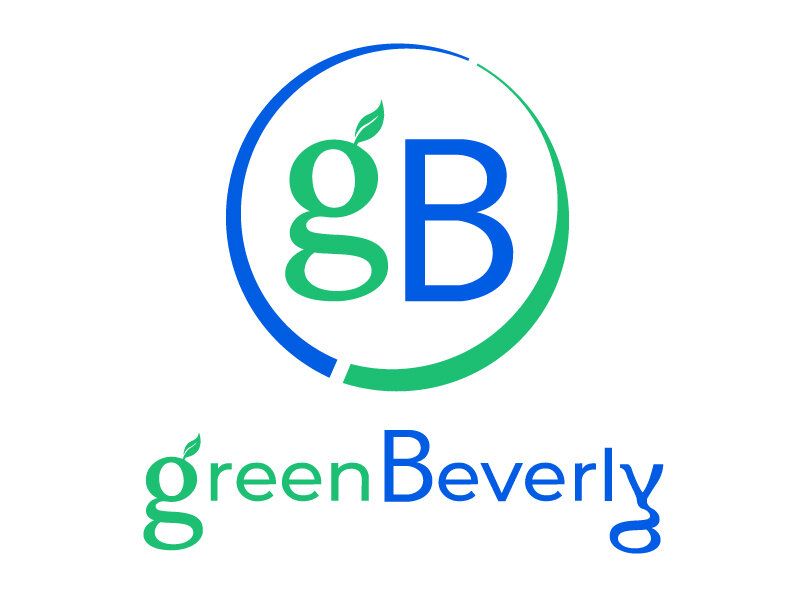New England Biolabs Awards Grant to Green Beverly
The New England Biolabs Foundation has awarded Green Beverly funding for an important new food waste reduction project. By redirecting surplus food from the waste stream toward those who need it, the project will reduce both greenhouse gas emissions and food insecurity in Beverly.
Green Beverly Food Diversion Project Powered by Widespread Community Support
Dean Berg (Executive Director, Green Beverly), Julie Flowers (City Council President), Tom Keeley (Board member, Green Beverly), and Lorinda Visnick (School Committee Vice President) share bread to symbolize the impact Green Beverly’s new food diversion project will have on reducing local food insecurity. This project would not be possible without the additional support of Jennifer Hashley, Director of New Entry Sustainable Farming Project, and Julie Archibald and Brenda Mattos of Ellis Square Friends.
Green Beverly’s Food Diversion program will create an efficient, needs-driven supply chain for food that would otherwise go to waste at restaurants, supermarkets, and local farms. This surplus food will be routed to the Beverly food distribution organizations (FDOs) that already serve over 60 meals a day to our food insecure residents.
Receiving a consistent supply of fresh, healthy ingredients will enable these outstanding FDOs to save both time and money. These resources can be directed instead towards expanding their reach, doing even more good in our community.
Are you wondering why Green Beverly, a sustainability non-profit, is interested in creating a better supply chain for surplus food? Food waste is one of the most under-acknowledged contributors to greenhouse gas emissions.
Every pound of edible wholesome food that gets thrown away means another pound that must be produced and transported, both carbon-intensive activities. Additionally, when organic matter gets thrown away and ends up in landfills, it produces methane gas as it decomposes. Methane is 38 times more harmful to the environment than carbon dioxide itself. (Check out Green Beverly’s frequently asked questions about composting to learn more about the easiest way to keep organic matter out of landfills.)
The project will collect surplus food from its multiple origin points, consolidate and in some cases preserve it (by freezing), and from that centralized location distribute it to Beverly FDOs. Reducing the number of trips required to gather and redistribute the food is a critical component to the project’s environmental sustainability.
Whatever we can do to reduce food waste at the local level, which will drive down emissions along a number of vectors, is a step towards a more climate-resilient North Shore. This grant from New England Biolabs will also enable us to create a local food waste diversion model that other cities can deploy in their own communities, creating a ripple effect of change.
ABOUT NEW ENGLAND BIOLABS
The Green Beverly food waste diversion project would not be possible without a generous grant from New England Biolabs Foundation (NEBF). Established 40 years ago by molecular biologist Donald Comb, NEBF invests in biodiverse land and seascapes by supporting the work of their local community organizations. The foundation awards grants to grassroots organizations in Central America, Andean South America, and West Africa as well as in coastal communities in NEBF’s home territory of Massachusetts’ North Shore.




